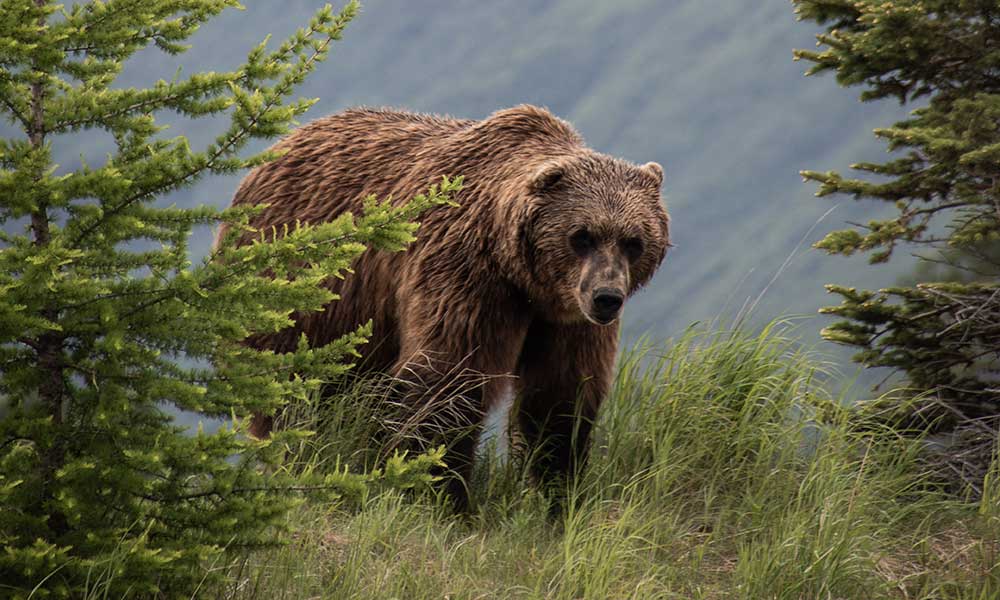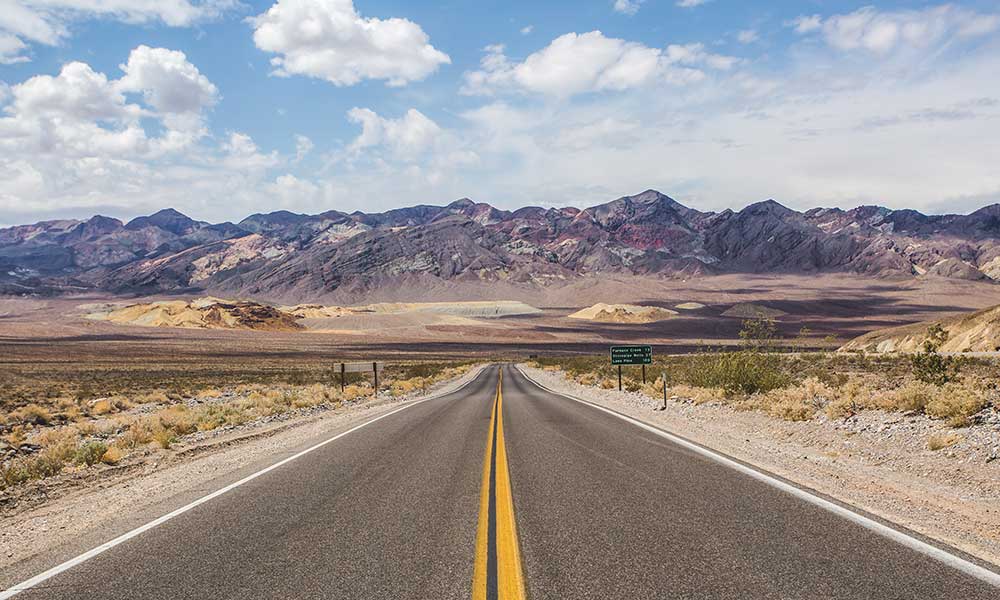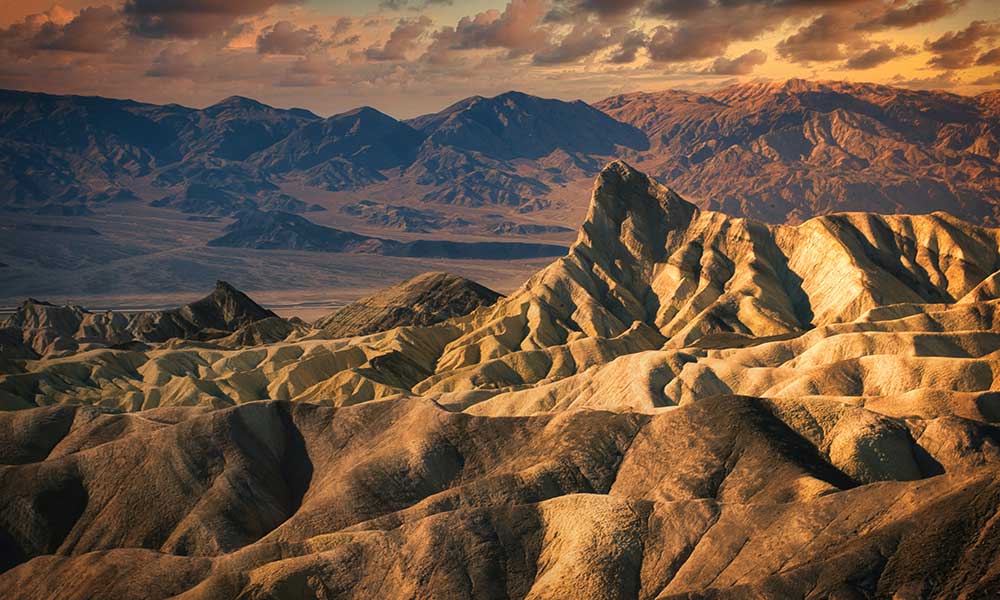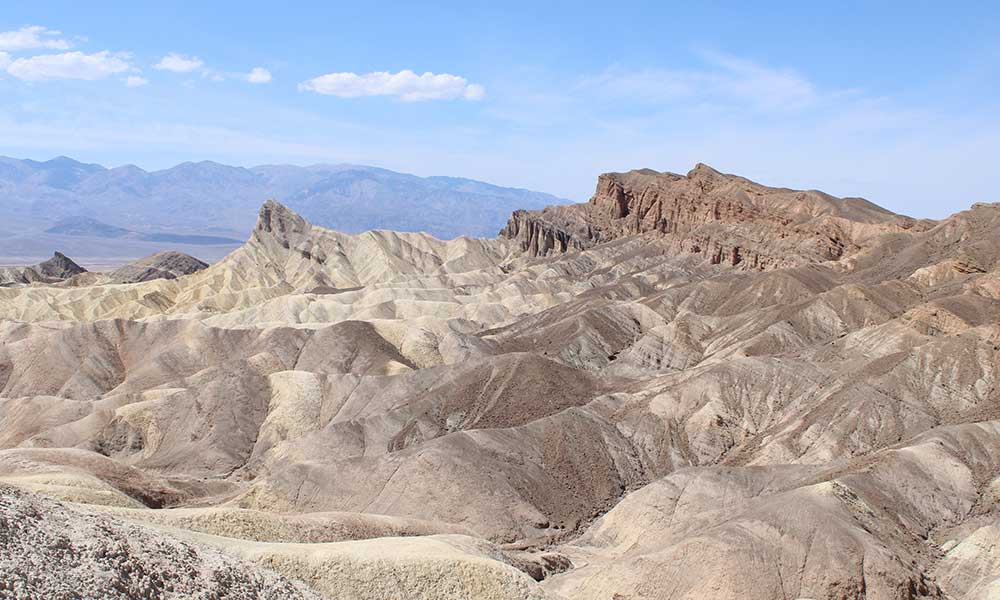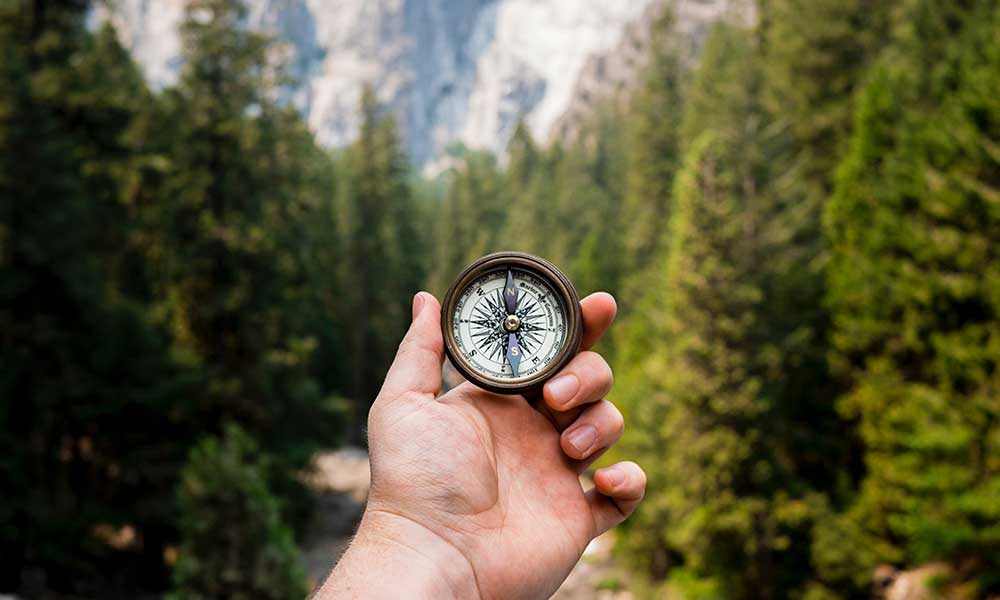Bears attack humans. There’s no getting away from that. They have also been known to eat humans. We are not a primary source of food for them, but there are many reasons why they might attack humans (and eat them), as well as numerous reports of fatal attacks in the United States.
Will a Bear Eat You Alive?
There are several reasons why a bear might attack:
They Are Protecting their Cubs
Female bears with young cubs are some of the most dangerous creatures in North American national parks. They will do everything that they can to protect those cubs, including chasing, mauling, and killing humans.
Be very wary of bears with cubs.
They Are Protecting Their Food
Most bear species will protect fresh kills. The animal needs food to survive, after all, and if it thinks you will take that food away, it will attack.
There have been numerous cases of bears attacking humans as a way of protecting carcasses.
They Are Provoked
If you’re in bear country minding your own business and you see a bear relaxing or wandering in the distance, you might not have anything to worry about.
As long as you know how to act when bears attack and you have your bear spray to hand, there is no immediate danger.
But that doesn’t mean you should venture closer to it and it definitely doesn’t mean you should start shouting at it, poking it, or trying to snap a selfie for your Instagram page.
Bears often attack humans if they are provoked. They act out of self-defense, just as you would if you had huge claws, powerful jaws, and a pesky animal potentially threatening your life.
Injured bears are the most dangerous and have been known to turn on humans and attack them. So, if you see a bear that looks hurt, don’t treat it as an invitation to approach and offer help. Life is not a Disney movie and your offer of assistance is more likely to end in a brutal attack than a lifelong friendship.
They Are Starving
It’s not uncommon to see bears wandering through campsites, cabins, and homes in search of human food. They’re searching your cabin because they are hungry, not because they have a taste for potato chips, pet food, and frozen burgers.
If they are starving and see you as a threat, someone who could compete for that food, they may attack. When that happens, you become the food.
How Often Do Bears Eat Humans?
In the 2010s, there were 11 fatal black bear attacks and 17 fatal brown bear attacks in the United States. There have also been two fatal attacks from polar bears. This equates to 30 fatal attacks over 10 years, or approximately 3 per year.
To put that into perspective, there are approximately:
- 16 annual deaths from dog bites
- 7 annual deaths from spider bites
- 5 annual deaths from snake bites
You are still more likely to be killed by a bear than a cougar, shark, or alligator, but in the grand scheme of things, bear attacks are very rare.
Reports of Fatal Bear Attacks
To give you an idea of how fatal bear attacks occur, take a look at the following list, which includes some of the fatalities reported in 2010, as well as a few from the 2020s.
Fatal Brown Bear Attacks
- Female, 72 (June 2011, Lillooet, British Columbia): Bernice Adolph may have been attacked and eaten by multiple bears. Investigators found evidence suggesting the animals had tried to enter her house.
- Male, 24 (August 2010, Columbia Station, Ohio): Most bear attacks occur in the wild, but captive animals also attack and kill. Brent Kandra was an exotic animal owner who had lost his license to exhibit because it was claimed he was letting people wrestle his bears for money. Brent was still allowed to keep his animals, and when one of them was allowed out of its cage to feed, it attacked and killed him.
- Male, 38 (June 2016, Flathead National Forest, Montana): Brad Treat was biking with a friend when he rounded a blind curve and rode straight into a grizzly bear. The bear retaliated to the perceived threat and attacked Treat. The bear was later identified, but it was not killed as its actions were not considered to be predatory behavior.
- Male, 22 (July 2021, Wrangell-St. Elias National Park and Preserve, Alaska): Austin Pfeiffer had just killed a moose when he was attacked and eaten by a bear. It seemingly attacked without warning.
- Male, 40 (April 2021, West Yellowstone): A wilderness guide named Charles Mock was killed while near a campground in west Yellowstone. It is thought that the bear was defending a carcass.
- Female, 65 (July 2021, Ovando, Montana): A bear is said to have wandered into a campsite multiple times before it eventually found its way into the tent of Leah Davis Lokan, attacking and killing her.
Fatal Black Bear Attacks
- Female, 44 (August 2020, Buffalo Narrows, Saskatchewan): Stephanie Blais was killed just 100 feet away from a cabin where she was camping with her family. Her husband came to her aid and sprayed the bear, but that only angered the animal. The husband later grabbed his gun and killed the bear.
- Male, 43 (September 2020, Great Smoky Mountain National Park, Tennessee/North Carolina): Patrick Madura seems to have been killed by a scavenging bear while backpacking in the national park. His remains were found near a creek and the bear was later killed.
- Female, 39 (April 2021, Durango, Colorado): Laney Malavolta was killed while hiking with her dogs. Her body was partially consumed and after the authorities tracked and killed a mother bear and her two cubs, they found Malavolta’s remains.
Fatal Polar Bear Attacks
- Male, 31 (July 2018, Sentry Island, Nunavut): Aaron Gibbons was with his children when he was approached by a polar bear. He placed himself in between his kids and the bear and was fatally attacked. The bear was later killed.
- Male, 33 (August 2018, Lyon Inlet, Nunavut): A female bear and her cub approached three men whose boat had just broken down. One of the men fired a gun to scare the adult bear away, but it attacked and killed 33-year-old Darry Kaunak.
What Happens if a Bear Eats a Human?
As you can see from the reports of bear attacks above, bears are usually tracked and killed after killing humans. This is especially true when the bear is deemed to have acted in a predatory manner, such as attacking a human that was not provoking it.
Which Bears Are More Likely to Attack Humans?
Polar bears are the most aggressive bears, but you’re also highly unlikely to encounter them in the United States. Black bears are the most common and least aggressive and while grizzly bears are responsible for many attacks, such incidents are still very rare.

